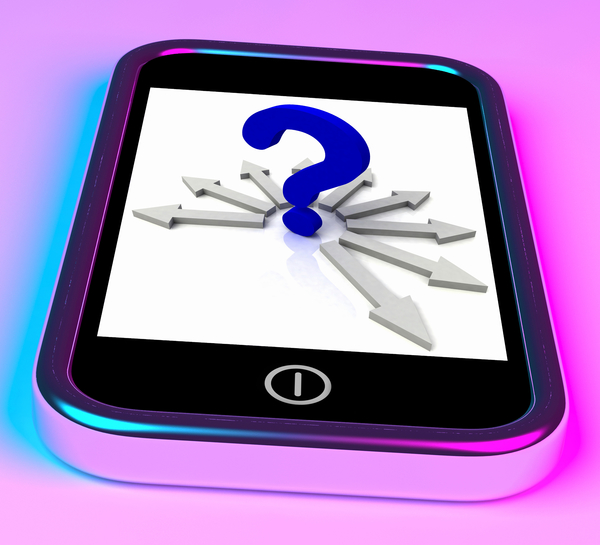Hold it! Before you want to start reading to your children with your fancy new eBook tablet, have you ever wondered how useful they really are compared to traditional books?
A 2014 research article has looked at the positive effects of electronic books and some of its consequences in comparison with the classical original “paper” books.
Written and studied by Adriana G. Bus, Zsofia K. Takacs and Cornelia A.T. Kegel, the study gives us a look into how digitized narrations can affect children.
How are electronic books different from traditional paper books?
- Animated pictures
- Music
- Voiced text
- Interactions with pictures by touch or sound
How can electronic books be good?

Source: Graphic Stock
Some studies such as Sharp et al. (1995), Smeets & Bus (2014) and Verhallen & Bus (2010) have shown that animated pictures, background sounds and nonverbal music have had positive effects such as:
- Word knowledge. Even though reading a still book yielded the same word knowledge results, the growth was less substantial.
- More story comprehension: 55% of story elements were better understood compared to less than 40% for still images
- Children’s level of engagement were higher while listening to the animated version than the static version
- Helping kids try and pronounce and decipher words they do not know
How can electronic books be bad?

Source: Graphic Stock
- Less mental effort were put in activities seen as entertaining (from Salomon’s 1984 study)
- 1980 studies show children might pay more attention to visuals rather than audio information (this is also known as the visual superiority effect)
- There can be crowdedness in animated presentations. This means when there are too many animations that don’t relate to what the text actually says; this will interfere with children’s learning.
- Older children make their own mental images for stories and don’t necessarily need the animated pictures
- They are not useful for children diagnosed with Severe Language Impairment and who have problems understanding and retaining story language
- Children have immature executive functions compared to adults. This generally means they can’t do more mentally intense tasks at once. Switching between game-like actions and understanding a story can affect them negatively.
Conclusions?
Ebooks can be good! Though, they can also be bad. As long as the apps or books you find have the following factors, they can be even better for learning than the traditional book:
- The animations should be limited to what the text states
- No games
You also have to be mindful if your child has problems with verbal processing. In that case, sound effects and background music in the stories might hamper their learning.
Now with all that in mind, enjoy Ebook reading and traditional reading for all the benefits they both offer!
Watch as others also talk about the features and potential of interactive books. Give us your opinion and tell us what you think!
YouTube Channel: Ask The Techies
Featured image via The State Press



